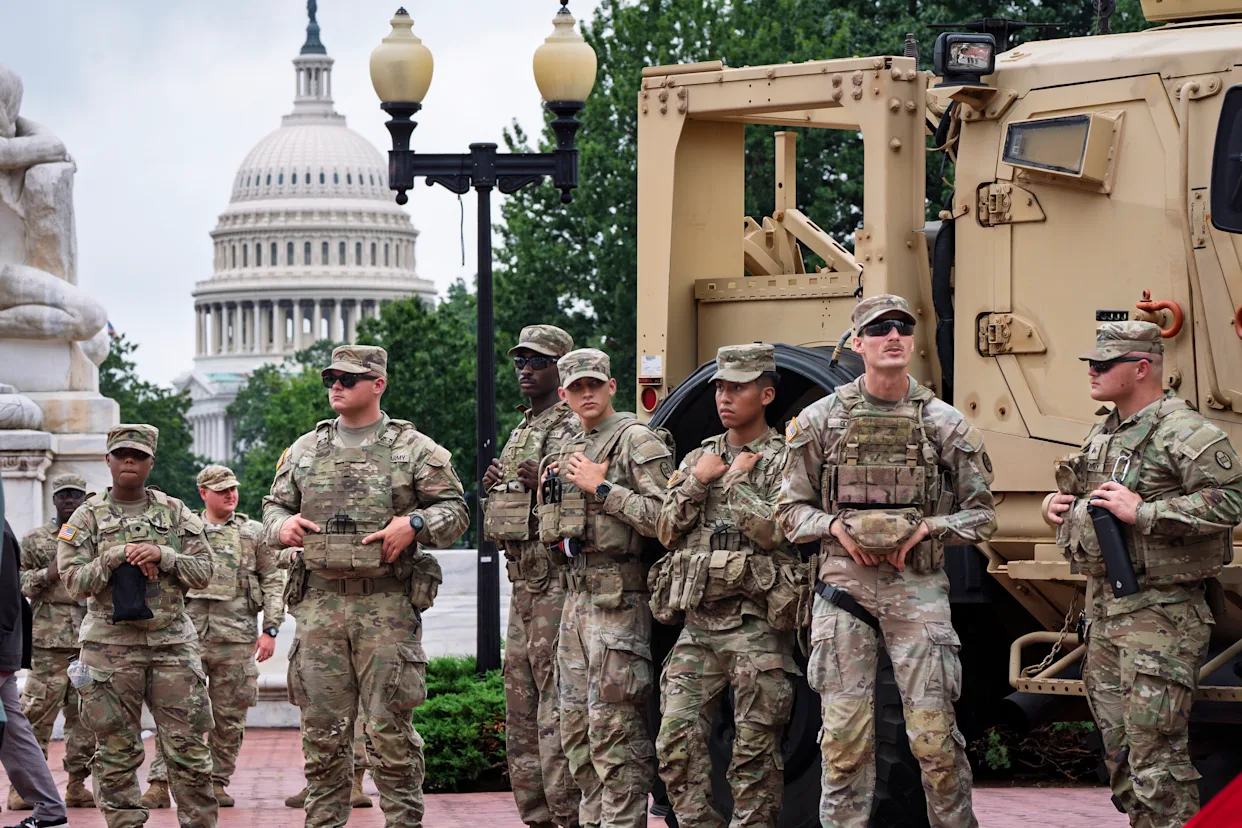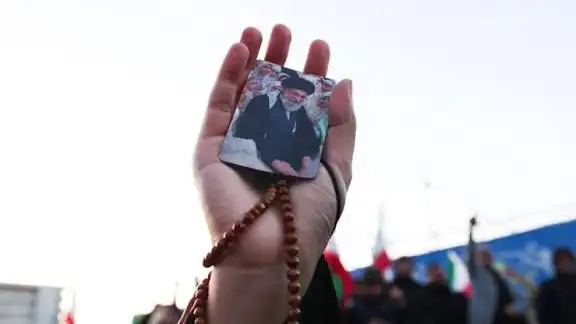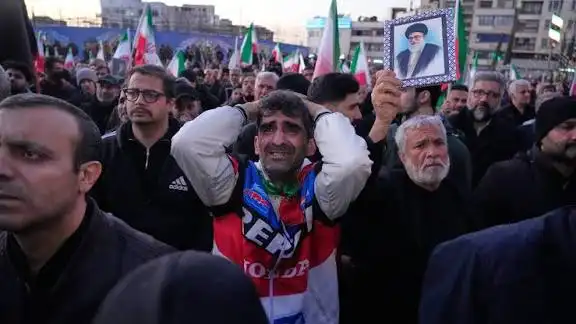In a notable shift in federal law enforcement, certain National Guard units in Washington, D.C., have begun carrying firearms under a directive from Defense Secretary Pete Hegseth. This applies specifically to troops involved in law enforcement roles, while those assigned to transport and administrative tasks remain unarmed. This deployment is part of President Donald Trump’s strategy to combat crime in the capital and comes alongside the federalization of the D.C. Metropolitan Police Department for 30 days, placing it under federal control.
This federal intervention has escalated tensions with local officials, particularly D.C. Mayor Muriel Bowser, who has vehemently opposed it. Armed National Guard presence has sparked protests and criticism from local residents and political leaders. Critics argue that the actions are politically motivated and undermine local governance. Democratic leaders, including House Minority Leader Hakeem Jeffries, question the necessity of these federal measures, especially in light of decreasing crime rates observed in other cities like Chicago and Baltimore.
President Trump has suggested the possibility of extending National Guard deployments to other Democrat-led cities facing crime issues. However, local leaders in these areas, including Chicago and Baltimore, oppose such military interventions and assert they will legally resist any unauthorized deployments.
The evolving situation highlights ongoing debates about the balance of power between federal authority and local governance, as well as the appropriate role of the National Guard in domestic policing activities. The implications of these actions continue to unfold, with significant political and social ramifications for the communities involved.












I think its a bit unsettling that National Guard personnel in D.C. are armed. What are they preparing for exactly? 🤔
I dont know about you guys, but I feel like arming National Guard personnel in D.C. raises some serious safety and trust issues. What do you think?
Shouldnt we be questioning why National Guard in D.C. needs weapons? Whats the real threat theyre preparing for? 🤔
Do we really need armed National Guard in D.C.? Seems excessive. Better safe than sorry or a step too far? 🤔